Have you Heard of Mortgage Payment Shock?
Have you Heard of Mortgage Payment Shock?
This term is fairly common nowadays for individuals who have mortgages coming up for renewal with higher rates and for anyone in a floating rate mortgage with adjustable payments.
So, what is payment shock and what does this mean for you?
Adjustable/Variable Rate mortgage holders:
With the increase of rates, there is a lot of talk surrounding a ‘trigger rate’. In easy terms, there is a point when the prime rate increases effect the interest rate of your individual mortgage and the set payments you have scheduled are no longer paying down the principal of your mortgage and 100% of your payments are going towards principal. This only applies to those mortgage products where your payments do NOT change but your rate floats. This is also called a Variable Rate mortgage. Your payments stay static throughout the term even if rates change. That being said, if you reach the trigger rate (generally set by the bank at time of funding) then the bank may request an increase to your payments to start paying down principal, again.
And in the background of this occurring, and as rates have been rising, so has the amortization periods for borrowers with these variable rate mortgages (where payments are static) since the mortgage balance is being paid down at an increasingly slower pace. That is, until renewal time, when the mortgage may renew at a higher rate with higher payments to bring the mortgage amortization back to the maximum number of years permitted. Depending on where rates are at that time, this can create “payment shock”.
Some floating rate mortgages (usually referred to as an Adjustable-Rate mortgage – ARM) have payments that adjust when prime rate changes. If this sounds like your mortgage, you would not have a trigger rate set as your payments are already adjusting to keep your principal/interest repayment consistent and your amortization inline with your existing mortgage contract.
Mortgage Renewals:
If your mortgage is set to renew in an environment where rates are higher then your current contracted rate, this can also create payment shock. At time of renewal, you may have the option to increase your amortization period to combat and offset the higher rates which could help to decrease the payments. This is however dependent on the equity position in the home and if your mortgage is or needs to be classified as an insured term.
It is more important then ever to ensure that you are making lump sum payments onto the principal of your mortgage to paydown the balance faster. Thus, at renewal, you may have more options to leverage your amortization or to reduce the impact of payment shock when rates reset. Generally speaking, the lower your mortgage balance, the lower your payments can be.
Call us anytime for a mortgage refresher. We are always happy to dive in and review options.

